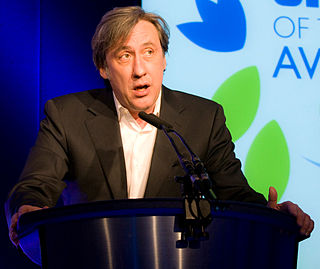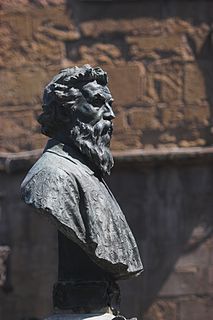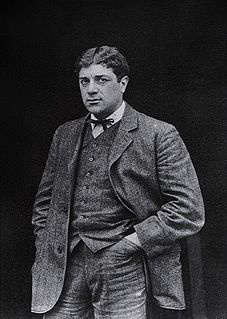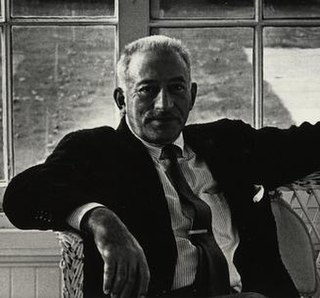A Quote by Molly Crabapple
No painting is ever not an infinitely reproducible image any more.
Related Quotes
The edge of a painting is its frontier... where the artist negotiates his boundaries with the real world... where art begins and ends and where the eye enters and leaves the image. It determines, in an infinitely subtle number of ways, how you read a painting - which, unlike a book or a piece of music, has no pre-determined beginning or end.
The natural scientist is concerned with a particular kind of phenomena ... he has to confine himself to that which is reproducible ... I do not claim that the reproducible by itself is more important than the unique. But I do claim that the unique exceeds the treatment by scientific method. Indeed it is the aim of this method to find and test natural laws.
What interested me in film was the image-making aspect of it. So, I went to school in cinematography. I was really convinced that image was what I wanted to do, and I think it came from the fact that I lived in a small town my whole life, but my mother was very interested in painting, so she would bring us to Paris for two weeks. So, we're going to the Louvre and to the museums and to see shows. In the evening we were seeing theater. Painting is basically what led me. I think the image was key.
The narrative image has more dimensions than the painted image - literature is more complex than painting. Initially, this complexity represents a disadvantage, because the reader has to concentrate much more than when they're looking at a canvas. It gives the author, on the other hand, the opportunity to feel like a creator: they can offer their readers a world in which there's room for everyone, as every reader has their own reading and vision.
We all know of course, that we should never ever ever ever ever ever ever ever ever ever ever ever ever ever ever ever ever ever ever ever ever ever ever ever ever ever ever ever ever ever ever ever ever ever ever ever ever ever ever ever ever ever ever ever ever ever ever ever ever ever ever ever ever ever ever ever fiddle around in any way with electrical equipment. NEVER.
My being subsists only from a supreme point of view which is precisely incompatible with my point of view. The perspective in which I fade away for my eyes restores me as a complete image for the unreal eye to which I deny all images. A complete image with reference to a world devoid of image which imagines me in the absence of any imaginable figure. The being of a nonbeing of which I am the infinitely small negation which it instigates as its profound harmony. In the night shall I become the universe?








































